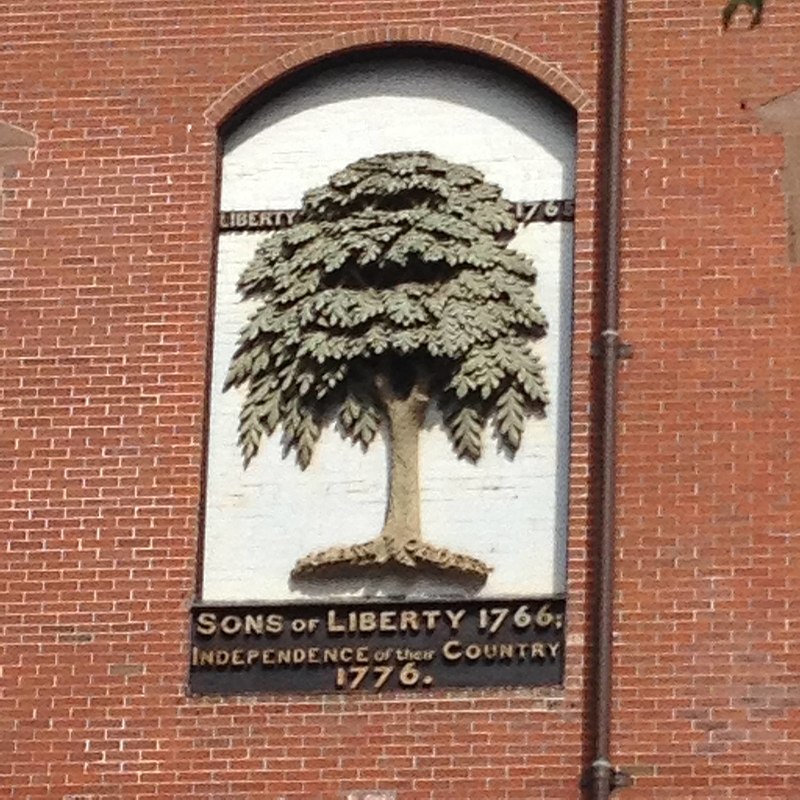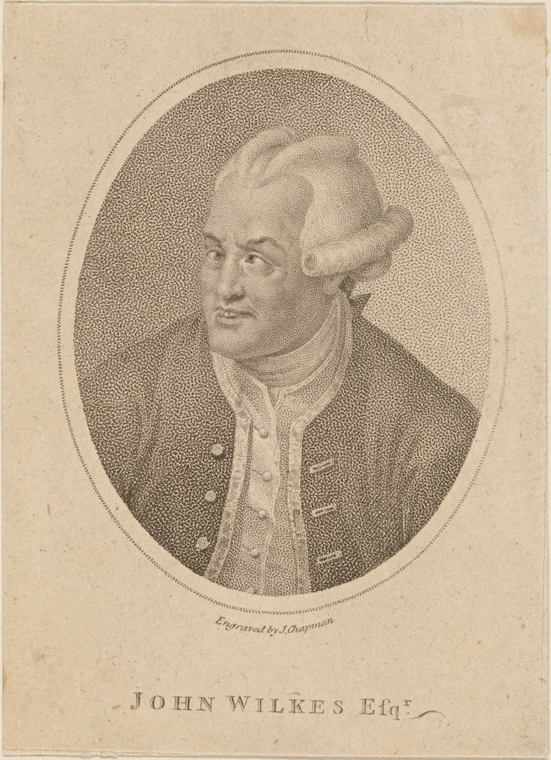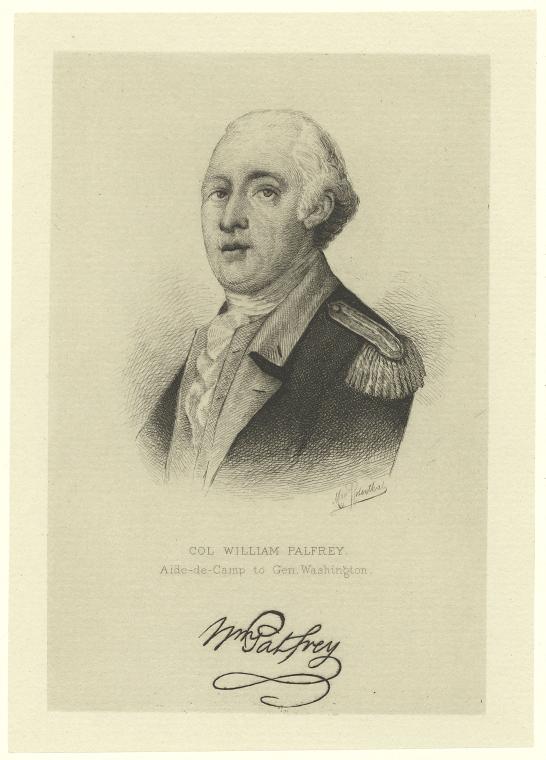“The Body of Michael Johnson then and there being Dead”
This document a printed form filled out with specific details on the deceased and the names and signatures of the coroner and his jury. I’ve transcribed it with the printed words in boldface:
Suffolk, ss.This document was made so early that Bostonians hadn’t realized that “Michael Johnson” was really named Crispus Attucks.
AN Inquisition Indented, taken at Boston within the said County of Suffolk the Sixth Day of March in the tenth Year of the Reign of our Sovereign Lord George the third by the Grace of God, of Great-Britain, France and Ireland, King, Defender of the Faith, &c. Before Robert Pierpont Gentm. one of the Coroners of our said Lord the King, within the County of Suffolk aforesaid;
upon the View of the Body of Michael Johnson then and there being Dead, by the Oaths of Benjamin Waldo Foreman Jacob Emmons John McLane William Fleet John Wise John How Nathaniel Hurd William Baker junior William Flagg William Crafts Enoch Rust Robert Duncan William Palfrey & Samuel Danforth good and lawful Men of Boston aforesaid, within the County aforesaid; who being Charged and Sworn to enquire for our said Lord the King, When and by what Means, and how the said Michael Johnson came to his Death: Upon their Oaths do say,
That the said Michael Johnson was wilfully and feloniously murdered at King Street in Boston in the County aforesaid on the Evening of the 5th. instant between the hours of nine & ten by the discharge of a Musket or Muskets loaded with Bullets, two of which were shot thro’ his body, by a party of Soldiers to us unknown, then and there headed and commanded by Captain Thomas Preston of his Majesty’s 29th. Regiment of foot against the peace of our Sovereign Lord the King his Crown and dignity and so by that means he came by his death as appears by evidence.
In Witness whereof, as well I the Coroner aforesaid, as the Jurors aforesaid, to this Inquisition have interchangeably put our Hands and Seals, the Day and Year aforesaid.
Revolutionary Spaces shared an essay about this document’s history as a museum artifact and the work that’s been done to conserve it.
Tonight I’ll speak online to the American Revolution Round Table of New Jersey about how Massachusetts’s legal system responded to the Boston Massacre. Four criminal trials followed that event, though we usually hear about only one or two (so I might end up talking more about the others).






